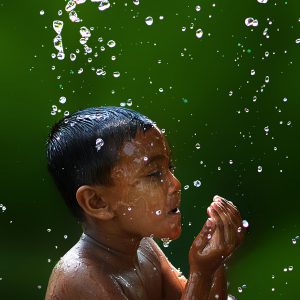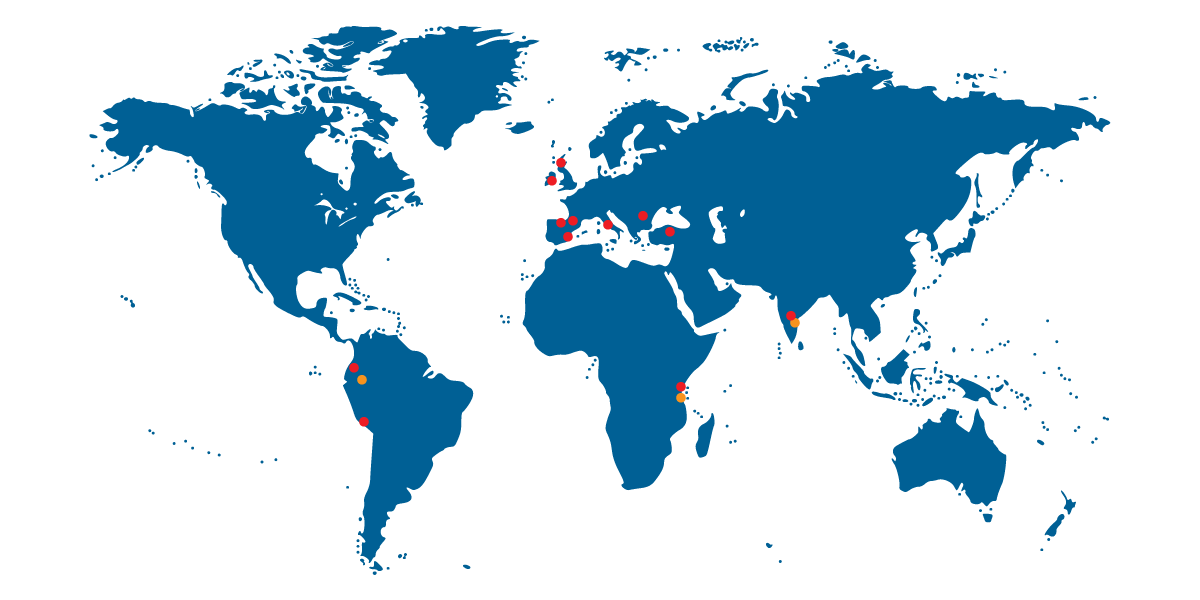Our challenge?

The INNOQUA project aims at answering the growing need for protection and improvement of natural water resources. This challenge is related to the fact that worldwide, about 2.5 billion people are without sanitation facilities. Still, almost 1000 children under 5 die each day from diarrhoea caused by inadequate water, sanitation and hygiene. In EU, depending on the country, the percentage of EU population connected to central water supply systems ranges from 53.5% to 98.8%. However, despite the fact that the EU Framework Directive (EU WFD) obliges all countries to achieve th e “good status of all the waters” in their territories, there is a gap of 10-15% of the population, corresponding to about 20 million rural inhabitants, who will remain without proper sanitation systems after 2015.
INNOQUA, an EU-funded project through the Horizon 2020 research and innovation programme launched in June 2016, aims to meet this challenge by promoting sustainable water sanitation technologies capable of performing a whole water treatment cycle.
These technologies ressemble natural cleaning processes and are based on the purification capacity of earthworms, zooplankton, and alternatively microalgae and sunlight exposure.
INNOQUA – the project acronym – is an innovative, patent protected, award winning and scalable, fully ecological sanitation solution, available in multiple modular configurations adapted to local contexts and markets. This type of integrated solution for the treatment of wastewater has not been employed before.
Due to its modular configuration, the INNOQUA system adresses the water treatment needs of decentralised facilities, water stressed communities, rapidly expanding cities and industries both in developed and developing countries to reduce pressure on aging wastewater networks while supporting sustainable population growth by reducing water and energy consumption.
As a consequence, the three main INNOQUA objectives are to:
- Integrate individual low cost, sustainable and biologically-based water sanitation technologies capable of performing a whole water treatment cycle and available in multiple modular configurations adapted to local contexts and markets.
- Demonstrate across 11 countries in 4 continents the long term viability of innovative, modular and sustainable solutions for wastewater treatment in real environment, to support the commercialisation of the proposed solutions in order to encompass pre-commercialisation challenges of innovative water solutions and to start stimulating economic growth, business and job creation in the water sector both inside and outside Europe.
- To eco-design and optimise the proposed solutions to increase the sustainable performance of the water sector through an optimised environmental performance (reduced water consumption, increased resource efficiency, reduced carbon footprint, etc.), a socially accepted and affordable wastewater treatment system.

 Non controlled environment demonstration
Non controlled environment demonstration  “Showcase” demonstration
“Showcase” demonstration


